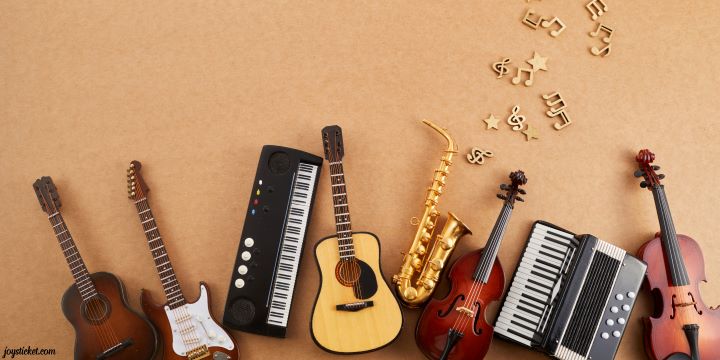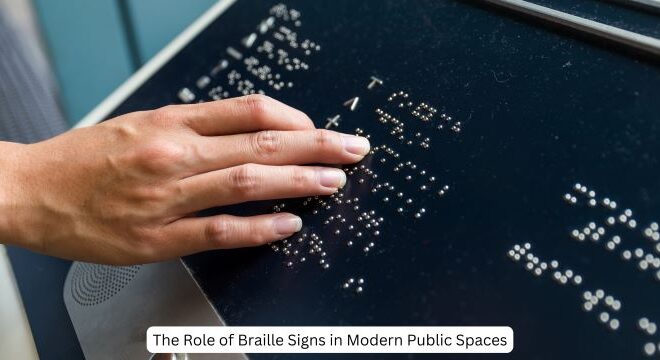
How Community Fundraising Initiatives Can Support School Music Programs
Key Takeaways
- Community fundraising is a vital avenue to support and sustain school music programs.
- Effective fundraising requires planning, engagement, and creativity.
- Utilizing various fundraising strategies can help maximize contributions.
- Local businesses and online platforms offer excellent resources to boost fundraising efforts.
Table of Contents
- The Importance of Fundraising for School Music Programs
- Planning a Successful Fundraiser
- Engaging the Community
- Creative Fundraising Ideas
- Utilizing Local Businesses
- Online Fundraising Platforms
- Measuring Success and Planning Ahead
Community fundraising initiatives can significantly benefit school music programs by providing necessary funds for instruments, sheet music, and other resources. Local events, donations, and business partnerships foster community involvement and support, ensuring these programs thrive and continue to offer students valuable educational and cultural opportunities.
The Importance of Fundraising for School Music Programs
School music programs are essential in fostering creativity, teamwork, and emotional expression among students. These programs provide a vital outlet for students to explore their talents and develop critical life skills. Yet, many schools face significant budget cuts, putting these valuable programs at risk. Fundraising initiatives, such as a music fundraiser, are crucial in bridging the financial gap, ensuring that music education remains accessible to all students regardless of their economic backgrounds.
The role of music education is increasingly recognized for its profound impact on student development. According to research, students who participate in music programs tend to perform better academically, showing improvements in subjects like mathematics and reading. These students exhibit enhanced social and emotional development, such as increased self-confidence, better collaboration skills, and improved emotional intelligence. Thus, maintaining these programs through focused fundraising initiatives benefits students’ general development and well-being and supports music education.
Planning a Successful Fundraiser
A successful fundraiser begins with a solid plan. The cornerstones of a successful event are defining the target audience, establishing clear objectives, and figuring out the required resources. Research shows that fundraisers with specific goals, such as raising a certain amount of money for new instruments or funding a music trip, tend to draw more support from the community as people understand precisely what their contributions will achieve.
To maximize effectiveness, create a detailed timeline that includes key milestones and deadlines. Assigning roles and responsibilities ensures that everyone involved understands their part in the process, which can prevent confusion and overlap. A detailed plan also helps track progress and make necessary adjustments as the fundraiser unfolds. Regular check-ins and updates can keep the team motivated and on track, increasing the likelihood of reaching the fundraising goals.
Engaging the Community
Community involvement is critical to a fundraiser’s success. Schools can create a sense of ownership and shared purpose by rallying parents, teachers, students, and community members together. For instance, Edutopia highlights that community engagement bolsters fundraising efforts and brings about positive educational outcomes, such as increased student motivation and more robust community bonds.
Effective communication channels are vital for keeping the community informed and engaged. Schools can utilize social media platforms, newsletters, and local events to spread the word and generate excitement about the fundraiser. Inviting community members to exchange ideas and actively engage in the design and execution of the event fosters a collaborative spirit. This inclusive approach can lead to greater community involvement and overall impact.
Creative Fundraising Ideas
Moving beyond traditional methods, creative fundraising ideas can capture the community’s imagination and increase participation. Ideas like music-themed events, talent shows, and auctions can transform fundraising into enjoyable and memorable experiences. Innovation encourages higher engagement and can lead to more significant contributions as people are often more inclined to participate in unique and fun activities.
For example, organizing a themed concert where students and local musicians perform can draw large crowds and enhance community spirit. Adding elements such as raffles, merchandise sales, and interactive activities can further boost the event’s appeal and raise additional funds. Innovative fundraising strategies may entertain the process and leave a lasting impression on all parties, motivating them to continue supporting future projects.
Utilizing Local Businesses
Local businesses often show a willingness to support school initiatives. Partnering with businesses for sponsorships, donation matching, or hosting events can significantly boost fundraising efforts. Nonprofit Quarterly notes that such collaborations also enhance community relations and brand goodwill for the businesses involved, making it a mutually beneficial arrangement.
Approaching local businesses with a clear proposal that outlines the benefits of their involvement can be very effective. Offering incentives such as advertising opportunities, event sponsorships, and public recognition can make the collaboration attractive to businesses. Maintaining solid relationships with local businesses can lead to long-term support for school programs, ensuring sustained funding and resources for music education.
Online Fundraising Platforms
In today’s digital age, online platforms offer vast potential for fundraising. Websites like GoFundMe and Kickstarter help reach broader audiences and make donating convenient for supporters. These platforms can also provide real-time updates and transparent tracking of fundraising progress, ensuring donors can see the direct impact of their contributions.
Additionally, social media can amplify the reach of online fundraising campaigns. Sharing updates, success stories, and progress milestones can keep donors engaged and encourage others to contribute. Effectively utilizing online tools can streamline the fundraising process and make it accessible to a broader audience, significantly increasing the potential for successful outcomes.
Measuring Success and Planning Ahead
It’s crucial to analyze the results post-fundraiser. Evaluating what worked and what didn’t can guide improvements for future initiatives. Regularly updating the community on the impact of their contributions can maintain ongoing support and engagement, ensuring participants feel valued and aware of the positive changes their assistance brings.
Acknowledging and celebrating everyone’s contributions and accomplishments fosters a sense of accomplishment and community. Gathering feedback through surveys or open discussions provides valuable insights for planning subsequent fundraisers. Continuous improvement, informed by past experiences and community input, is critical to sustaining successful fundraising efforts and supporting school music programs for years to come.



